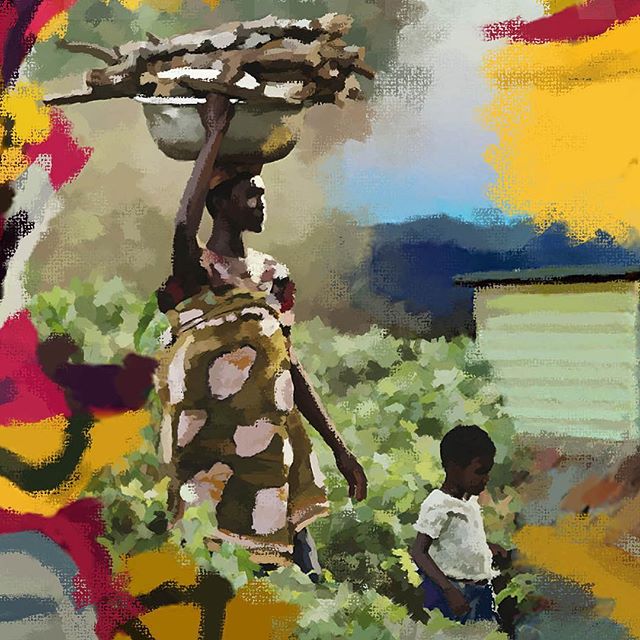
A woman’s touch
by Nicole Burgess
Over the last couple of decades or so, sustainable development has been the topic of many a discussion, and with the growing risks of climate change, such discussions are no longer in regards to the future, but to the now. According to the UK chief scientist, climate change is a worse threat to us than terrorism (Connor, 2004), and so the demand for appropriate solutions is growing. However, what has remained often unrepresented within this issue, is the importance of women’s struggles against climate change. There has been a rise of ‘ecofeminists’ recently, who have, however, received backlash, being with stereotyped as essentialists or spiritualists. As a feminist, I understand that any discussion of climate change and sustainable development without the acknowledgment of gender is insufficient, as men and women’s experiences of climate change vary, so therefore without this recognition, remains unsustainable (MacGregor 2010).
The impacts of climate change on women’s everyday lives highlights the importance of women’s consideration in sustainable development. It was found that the more economically vulnerable you are, the worse you are affected by climate change. With that being said, ‘70% of the world’s poor are women’ (MacGregor 2010: 130). Many of these women live in rural areas where the economy is predominately agricultural and as such, solutions must be made here. A solution given by the Food and Agricultural Organisation (FAO) is to provide better availability of land and productive resources to improve the productivity of women food producers. Now such idea may seem too simple, but if women had the same access to productive resources as men, their yield could increase by around 20-30% (FA0: Gender Equality and Food Security Report, 2013). With better productivity for women and greater crop yield, the possibilities for a greater life increase in a sort of domino effect, whereby greater produce means greater capital, increased expenditure for nutrition and healthcare, and thus better livelihoods for both her and her families- sustainable.
Discussions of sustainable development, where as stated, women are more greatly affected, means that women should also be involved in the actual discussion. It is argued that there has been a ‘masculinization of the environment’ (MacGregor 2010: 129) whereby women are greatly underrepresented as spokespeople. This is evident as within 47 countries, 18 out of 22 ‘most influential spokespeople on climate change’ are men (2010:129). In order to have real changes in women’s experiences of climate change, there needs to be a greater balance, as it is inappropriate to argue that men can accurately represent a women’s experiences, without even taken into account the complexity of black women’s experiences of white women as well as rich against poor.
There have been attempts at tackling this issue, for example, the Intergovernmental Panel on Climate Change (IPCC) in February 2017 announced that there are preparations for a new report on ‘the impacts of global warming of 1.5ºC above pre-industrial levels’ with a panel of experts, of which 38% are women. As well as this, many women have made highly influential prints on sustainable development, one high on this list is Wangari Maathai who was an environmental activist who founded the green belt movement in 2004 and was the first black woman and environmentalist to win a Nobel Peace Prize (The Green Belt Movement). There is no doubt that this shows at least an attempt in understanding the importance of a women’s viewpoint when it comes to sustainable development, but greater improvements need to be made as if women are the most negatively affected by the effects of climate change, why are they still a minority in its discussion? If we indeed want to make real strides in perfecting sustainable development techniques, women must play a significant role, as what we must never underestimate a woman’s touch.
References:
Connor, S., (2004), US climate policy bigger threat to world than terrorism, The Independent, Friday, 9 January 2004.
Gender Equality and Food Security: Women’s Empowerment as a Tool against Hunger. Report from the Food and Agriculture Organisation (FAO) ( Accessed 6 March 2017)
IPCC Press release: Experts for Special Report on Global Warming of 1.5°C selected (accessed 6 march 2017)
MacGregor, S. (2009). A Stranger Silence Still: The Need for Feminist Social Research on Climate Change. The Sociological Review, 57(2_suppl), pp.124-140.
The Green Belt Movement: Biography of Mangari Waathai (accessed 6 march 2017)
Painting taken from artist Koby Martin from the piece ‘MaMa’ :

0 Comments